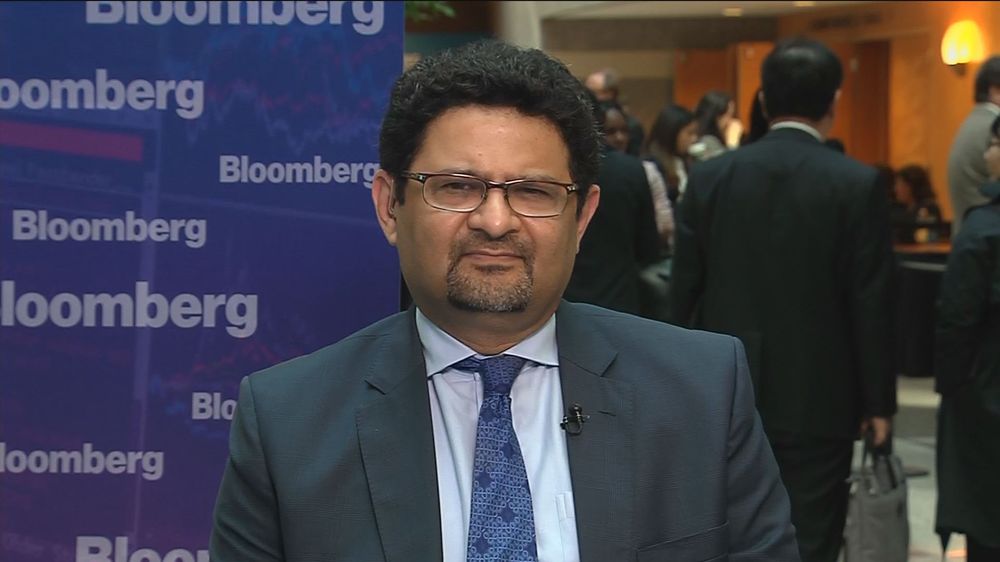Miftah Ismail Slams Govt's Policies: 'Taxing the Common Man to Benefit the Rich'

Miftah Ismail's Sharp Criticism of Current Government's Economic Policies
In a scathing critique, former Finance Minister Miftah Ismail has accused the current federal government of implementing policies that disproportionately burden the common citizen while providing advantages to the elite. His remarks have ignited a firestorm of debate regarding the fairness and sustainability of the nation's economic strategies.
Ismail's primary concern revolves around the government's approach to import duties and taxes. He alleges that the government is deliberately making essential imported goods more accessible and affordable for the wealthy, while simultaneously imposing heavy duties on everyday items that impact the average Pakistani family. This, he argues, creates a system where the poor are effectively subsidizing the lifestyle of the affluent.
Specific Grievances and Concerns
Speaking on a popular news program, Ismail detailed specific examples of what he perceives as discriminatory policies. He pointed to the reduction of duties on luxury vehicles and imported electronics, contrasting this with the increased taxes on basic necessities like cooking oil, sugar, and essential medicines. He argued that these measures are not only unfair but also detrimental to the long-term economic health of the country.
“It's a clear case of robbing Peter to pay Paul, but in this scenario, Peter is the hardworking Pakistani citizen, and Paul is the elite,” Ismail stated, his words resonating with many who feel the pinch of rising inflation and economic hardship. He further questioned the government's rationale for prioritizing imported goods over supporting local industries and fostering domestic production.
Impact on the Common Citizen
The former minister emphasized that these policies exacerbate existing inequalities and push more families into poverty. The increased cost of essential goods directly impacts the purchasing power of the lower and middle classes, making it increasingly difficult to make ends meet. He warned that such policies could lead to social unrest and further destabilize the economy.
Government Response and Counterarguments
While the government has yet to issue a comprehensive response, sources within the finance ministry have defended the policies, claiming they are necessary to stabilize the economy and attract foreign investment. They argue that reducing duties on certain imports stimulates economic activity and creates jobs. However, critics contend that these benefits are not evenly distributed and primarily accrue to a select few.
Looking Ahead: Calls for Policy Review
Miftah Ismail’s criticism has amplified calls for a thorough review of the government's economic policies. Many economists and analysts agree that a more equitable and sustainable approach is needed to address the country's economic challenges. Ismail himself has urged the government to prioritize the needs of the common citizen and implement policies that promote inclusive growth and reduce income inequality. He suggested a shift towards policies that encourage local production, support small businesses, and provide targeted relief to vulnerable populations.
The debate surrounding these policies is likely to continue, with significant implications for the nation’s economic trajectory and the well-being of its citizens. The government's response and future policy decisions will be closely watched by economists, policymakers, and the public alike.






)